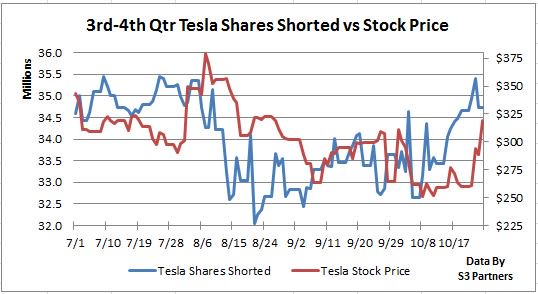There's also other, significant structural disadvantages ICE OEMs have:
- Car dealer networks are sales channel middlemen that drain margins further,
- Car dealers also have opposing economic interests: EVs can be profitable to OEMs, but dealers have substantial income from maintenance of ICE cars, especially in the higher price segments - which maintenance costs are significantly lower with EVs. So dealers will resist EVs as much as possible, slowing adoption.
- ICE OEMs also have a near impossible to resolve manufacturing capacity trade-off: selling an EV is a lost sale from an ICE factory - which idles the ICE factory and worsens economies of sale. This self-cannibalization is extremely serious due to the very long time current automotive capital investments are expected to return their investment costs. It's much worse than cannibalization in the high-tech space which had much faster product cycles. This "ICE Paradox" was highlighted by recent public statements by BMW and VW executives, but it's also obvious from the starkly different EV conversion strategies of the three biggest German carmakers. It's easy to quote Steve Jobs about cannibalization, who brought an entirely new phone to the market every year. ICE cycles are more like 5 years, with the most profits made in the 5th-10th year of a vehicle platform. But it's exactly these established but aging money makers that are cannibalized by EVs first ...
- ICE OEM shareholders want the profits of the recent past to continue into the near future, and will likely revolt at the extremely high EV transition costs. Classic short term vs. long term conflict.
At this point I genuinely don't see a
single viable path forward for most ICE carmakers at this point. (!)
If I was an ICE carmaker executive I'd tell the board to liquidate all assets and buy Tesla shares, because the most profitable way forward is to start from scratch - which suggestion would get me fired.




